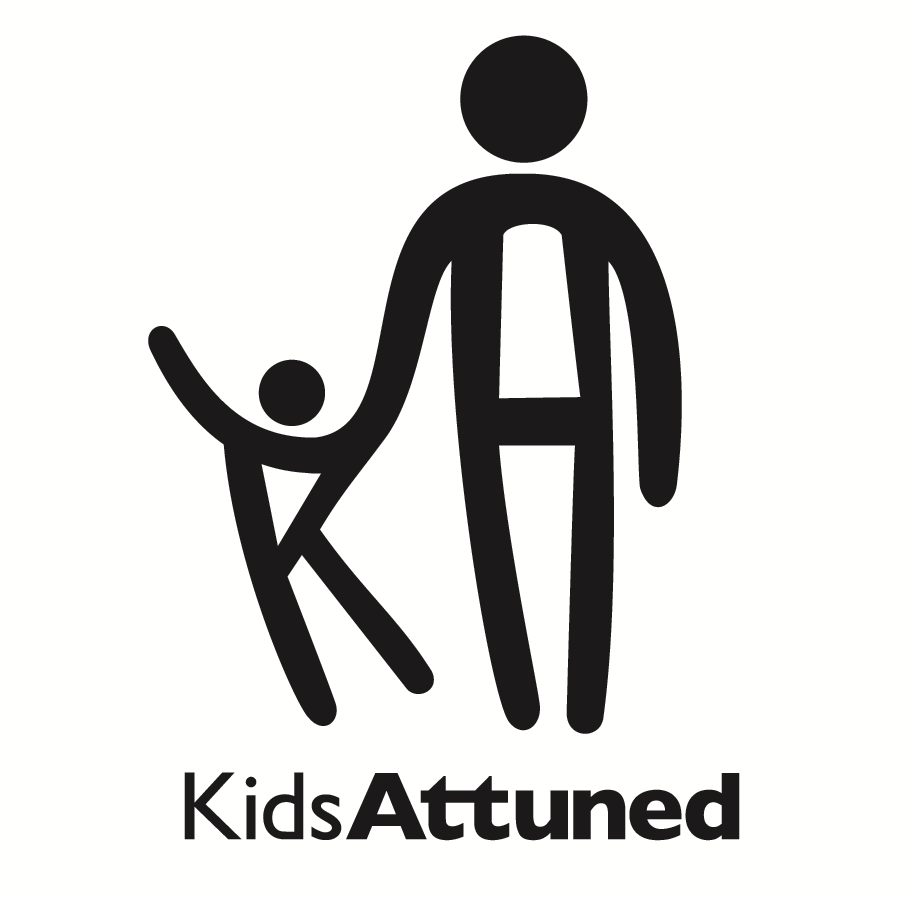Originally published by Todd Wanerman at http://www.toddwanerman.com/
Who is project-based education for? Is it only the product and province of an educated, entitled class, or is it right for everyone? Within our kaleidoscope culture, we can find very different values about what children need from education – just think of the heated debate that has been roiling for decades over standards and testing. Add to that different idea about differing needs of children with different resources and it gets complicated.
Last year, I facilitated a year-long series on emergent curriculum with teachers from the Berkeley Unified School District Early Childhood Department. 10 teachers attended the first session, where I presented an overview of The Project Approach, Reggio Emilia, and other models of emergent curriculum. (In brief: emergent curriculum draws activities and learning units from observation of children’s ideas and play, as opposed to theme curriculum, where teachers decide in advance what materials and activities to plan). Those teachers who were new to these concepts had questions and even doubts about whether or not it seemed like, a) a good idea, and/or, b) something they could do in their classrooms.
This was welcome. As Jean Piaget, the father of cognitive development theory, emphasized, the mind does not grow without confusion, contradiction, and conflict – what he called “disequilibrium.” So when teachers seem stymied or skeptical at the start of a project, I know we are on our way to the most effective kind of learning.
Five teachers showed up for session two, and this small cohort, while continuing to encounter confusion or doubt along the way, were inspired and took the approach to heart. Over the course of the school year, they took on curriculum projects in their classrooms, where they negotiated and planned steps and outcomes with their students and helped them negotiate and plan together. This is the aim of emergent curriculum, as explained in The Project Approach, by Lilian Katz and Sylvia Chard: to foster intellectual development and habits of learning, rather than teaching skills and concepts.
It went so well that the group was able to present their findings at an in-service to their colleagues this last August, and I was invited to continue working with the district. We are about to embark on our first session this year, and I have an interesting challenge: Four of the original five are signed up to continue their work, and several new participants will be joining. The continuing group seems to need something different than the new group. This is my emergent curriculum project.
Berkeley’s famously vibrant mix of race, class, and culture is, as with any community, both divided and blended. However, Berkeley Unified’s publicly subsidized classrooms serve a high number of working-class and at-risk members of the community.
The first 10 participants in my group represented a cross-section of Berkeley’s white, Latino, and African-American communities. But of the five who continued, four are white and one is Asian. I lost the black and Hispanic teachers the first time around. Did some or all of them feel that emergent curriculum is too “loosey-goosey” or “touchy-feely” for a population that is accustomed to and may need more structure and strong adult guidance?
I’m both sensitive to and excited about this: I helped to develop an approach to inclusive education in a very privileged setting: a private, part-time nursery school at the foot of Pacific Heights in San Francisco. Without the resources and the cultural consensus that the setting offered, I would have nothing to offer the teachers at Berkeley Unified. But, after I co-wrote our book on inclusion, “Including One, Including All,” I became so interested in the question of how other programs could apply our ideas, that I decided to change careers in order to find out.
I could ignore the questions about how a project-based curriculum might translate and argue that brain science, developmental theories, and years of success (even in low-income settings) support its efficacy for all. But that would be beside the point (and probably somewhat ineffective). We have a learning community coming together, and, just as in the project approach itself, it is the dialogue and collaborative process that matters – not more than the outcome, but as a means to the outcome.
So this is our project – an inquiry into inquiry curriculum. A dialogue about the value of dialogue. We have veterans and newcomers, and possibly (probably) differing levels of buy-in. Together, we must construct a learning process that involves and works for everyone. And out of it, I hope each teacher finds something to bring back into the classroom that enriches the experience of the children in their care.
Stay tuned!
Enter the text or HTML code here

